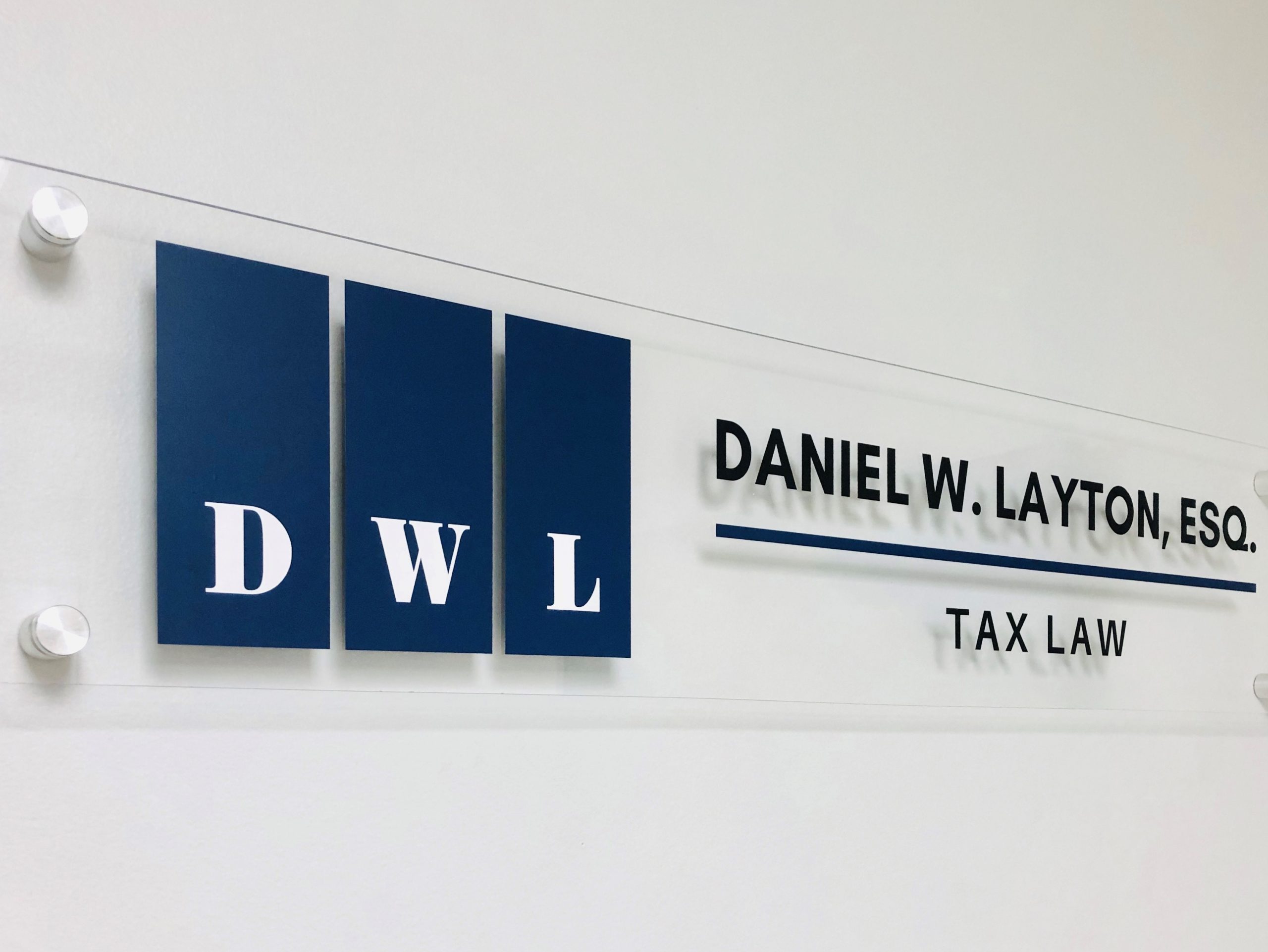What is IRS Form 9297?
IRS Form 9297, titled "Summary of Taxpayer Contact," is a written request to a taxpayer from an IRS Revenue Officer (collections officer) for information, documents, and certain actions. The request comes after the Revenue Officer is assigned your case to pursue potential compliance or enforcement options. It may request bank statements and other financial documents, a completed IRS Form 433 financial statement, or delinquent returns among other things. A PDF example of an IRS Form 9297 can be found here.What Do I Fill Out on IRS Form 9297?
The principal document to be filled out in response to an IRS Form 9297, if you are an individual, is the IRS Form 433-A. This will require you to list all your household members, your assets and financial accounts, your liabilities, your income, and your monthly expenses. In addition, you should provide any supporting documents requested, such as bank statements. Because the financial form is to be signed under penalties of perjury, a taxpayer should be diligent and cautious in making sure every asset and income source is listed. Also, if you don't respond thoroughly to this informal level of request, the Revenue Officer can seek documentation directly from banks and force response to many parts of the request by way of a formal summons. Revenue Officers often take offense to being forced to take these extra steps and some Revenue Officers may deem unresponsive taxpayers as "uncooperative." A sample Form 433 financial statement can be found here. If the IRS collection investigation involves a business, a Form 433-B could be requested as well, which can be found here.The IRS Revenue Officer Interview
The IRS Revenue Officer may do an initial interview before or after sending a letter including the Form 9297. If the interview is done before the IRS Form 9297 is mailed to you, then the Revenue Officer will typically be seeking key collections information for future levy or lien or other IRS enforcement actions, such as where you bank and where you have real property. If you don't provide a completed Form 433 in response to the Form 9297 or if there are potential trust fund penalties at issue (from unpaid Form 941s), the Revenue Officer will conduct a more thorough interview to complete a draft of the Form 433 for you to sign, which interview will more or less follow the form itself. If trust fund recovery penalties are at issue, the purpose of the interview will be to complete a Form 4180 - here - which will also follow the form.When Will the IRS Revenue Officer Send Me a Form 9297 and Conduct an Interview?
Depending on the amount owed, it could be months or years after the liability accrues that the IRS Revenue Officer is assigned your case. If over $100,000 is owed, it is almost a certainty that someone will be personally assigned your case if you are not in an installment plan that will full pay the taxes before the statute of limitations on collections expires.What Happens If I Don't Respond to IRS Form 9297?
If you can demonstrate good faith by producing some of the easier items requested, such as bank statements and pay stubs, the Revenue Officer may give you more time to finish the response. In most cases, being responsive and cooperative is the best route. If neither the source materials nor the Form 433 is produced, the IRS Revenue Officer has the ability to issue a summons to the banks or to force an interview by issuing a summons. A motivated Revenue Officer can force response to a summons, in most cases, through a referral to the D.O.J. for a court order. In a small minority of cases, a taxpayer may appear to be uncooperative because of 5th Amendment concerns. In those cases, before taking actions that may be perceived as uncooperative, a legal representative should be consulted to make sure the taxpayer's concerns are warranted and, if so, are appropriately acted upon. Otherwise, the IRS Revenue Officer has many tools available to learn information about a taxpayer's financial collectability and to proceed with enforced collections which can make things worse for the taxpayer rather than better.
DWL Tax Law explains IRS Form 9297
